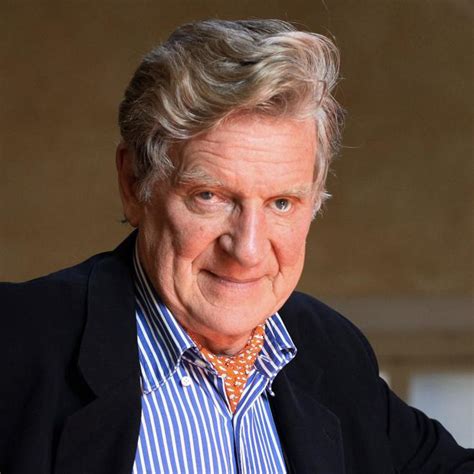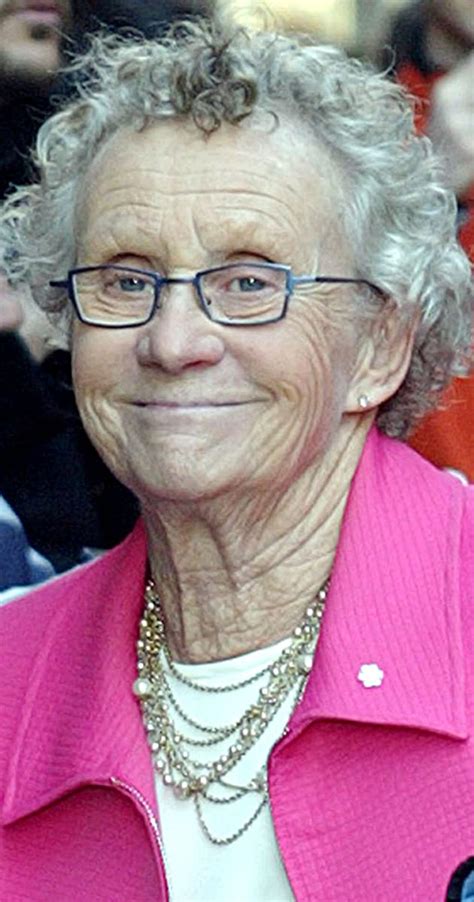A Quote by Charles Caleb Colton
Some read to think, these are rare; some to write, these are common; and some read to talk, and these form the great majority.
Related Quotes
Read not to contradict and confute; nor to believe and take for granted; nor to find talk and discourse; but to weigh and consider. Some books are to be tasted, others to be swallowed, and some few to be chewed and digested: that is, some books are to be read only in parts, others to be read, but not curiously, and some few to be read wholly, and with diligence and attention.
I read," I say. "I study and read. I bet I've read everything you read. Don't think I haven't. I consume libraries. I wear out spines and ROM-drives. I do things like get in a taxi and say, "The library, and step on it." My instincts concerning syntax and mechanics are better than your own, I can tell, with all due respect. But it transcends the mechanics. I'm not a machine. I feel and believe. I have opinions. Some of them are interesting. I could, if you'd let me, talk and talk.
Prisoners do different things. Some write, some read. Some engage in athletic events and working out and some do all of that. Some get involved in the religious groups that they're part of. Some get involved in hobbies that are permitted in prison. There are plenty of ways to stay busy. You're never going to survive in prison unless you start getting busy.
The most important thing for a writer to do is to write. It really doesn't matter what you write as long as you are able to write fluidly, very quickly, very effortlessly. It needs to become not second nature but really first nature to you. And read; you need to read and you need to read excellent books and then some bad books. Not as many bad books, but some bad books, so that you can see what both look like and why both are what they are.
I sat on the bench by the willows and at my honey bun and read Triton. There are some awful things in the world, it’s true, but there are also some great books. When I grow up I would like to write something that someone could read sitting on a bench on a day that isn’t all that warm and they could sit reading it and totally forget where they were or what time it was so that they were more inside the book than inside their own head. I’d like to write like Delany or Heinlein or Le Guin.
I read everything. I'll read a John Grisham novel, I'll sit and read a whole book of poems by Maya Angelou, or I'll just read some Mary Oliver - this is a book that was given to me for Christmas. No particular genre. And I read in French, and I read in German, and I read in English. I love to see how other people use language.





































